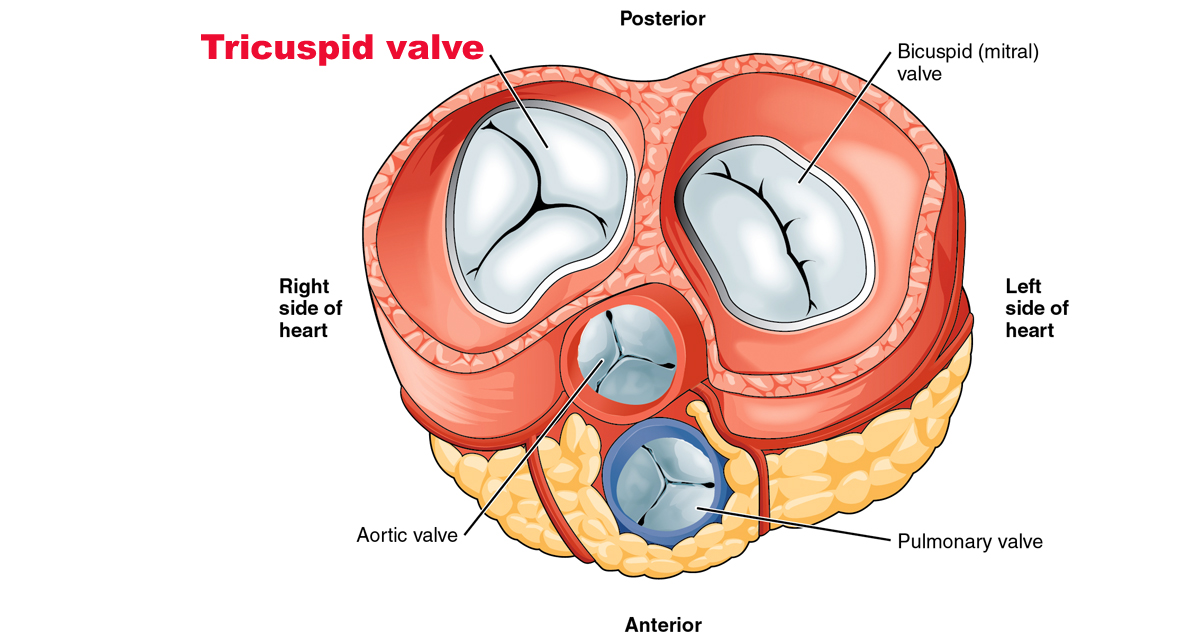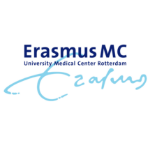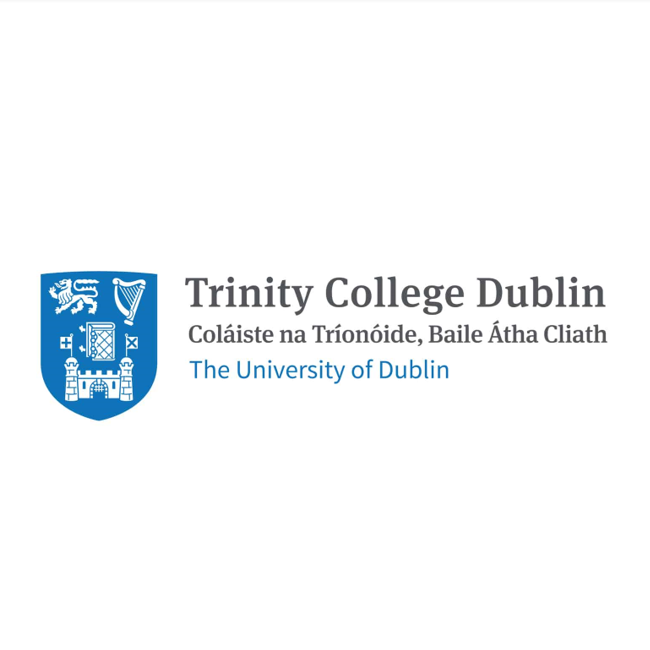Minimally invasive tricuspid valve repair technology
CroíValve is a potentially life-saving device that can be implanted with a less invasive technique in the hearts of patients who have Tricuspid Regurgitation (TR), a common heart valve disorder. CroíValve is safer, more effective, less traumatic and easier to deliver than competing technologies, as has been proven through extensive pre-clinical testing supported by EIT Health.

Origins
Dr. Martin Quinn, a consultant cardiologist, completed the first Irish transcatheter aortic valve replacement in 2008. Seeing this transformational technology change patients’ lives, he investigated solutions for the mitral and tricuspid valves.
With a focus on simple, safe solutions to support the native heart valve leaflets, he developed a number of concepts that led to the CroíValve innovation for the treatment of TR. The first phase of the R&D programme was funded by Enterprise Ireland and hosted in Trinity College Dublin’s Trinity Centre for Bioengineering.
Team
Dr Lucy O’Keeffe (CroíValve’s CEO) has brought multiple medical devices from concept to market launch. Dr. Martin Quinn, a leading interventional cardiologist, is widely published and has authored multiple patents. Dr Paul Heneghan is a PhD-level engineer with a strong background in medical device design, and Prof. Bruce Murphy leads the medical device development incubator in Trinity College Dublin.
The project
The CroíValve solution promises to improve the outlook for patients with TR. This project has proven the effectiveness of CroíValve through extensive pre-clinical testing – including bench and pre-clinical testing – supported by EIT Health funding and conducted in collaboration with EIT Health members.
TR occurs in heart failure patients due to tricuspid valve dilation. It is a severe cardiac disease with progressive symptoms, eventually leading to heart failure and death. Patients with severe TR are four times more likely than the average person to die in the next year. Because the vast majority of patients are elderly and too frail for the existing type of surgery used, less than 1% of patients receive surgical treatment. The primary treatment method is medical management with diuretics.
CroíValve’s solution is far less invasive: it is delivered through a vein into the heart and restores the function of the tricuspid valve, while preserving the native anatomy. An innovative adjustable anchor holds it in position without the use of traumatic hooks or barbs. Delivery is straightforward, safe and effective, and the device will be suitable for a broad cohort of patient anatomies.
Impact
CroíValve will transform the standard of care for these patients. The innovation will have the following impacts:
- Patients: improved and extended quality of life, reduced hospital length-of-stay.
- Physicians: simple, safe treatment option using conventional techniques.
- Healthcare systems: reduced hospitalisations with a procedure that fits into existing scheduling constraints.
- Payers: reduced peri-operative and post-operative costs.
Why this is an EIT Health project
EIT Health is proud to support this project, which brings together several of our members to create an innovation that can transform the lives of patients suffering from TR. This project is in keeping with the EIT Health Focus Area of “Care Pathways” because it provides an innovative health delivery solution that is a dramatic improvement on the existing practice.
External Partners
- Nordson
- Tissx
Member

CLC/InnoStars: Belgium-Netherlands
Partner classification: Education, Research, Hospital / University Hospital
Erasmus University Medical Center Rotterdam (Erasmus MC) is the largest university medical center in The Netherlands with around 16,500 employees, and a top referral hospital for a region of about five million inhabitants. A unique infrastructure bringing multidisciplinary research and healthcare together at one location allows Erasmus MC to excel in fundamental research, fast translation of findings into the clinic including first-in-man testing and clinical implementation, and epidemiological studies.
Technical university medical center: Technology is at the core of the new strategy. Erasmus MC focuses on the use of technology and data science to foster innovation in a variety of fields – from medical instruments and devices, minimally invasive surgery, imaging and image analysis, information technology and smart data technology to artificial intelligence, machine learning and biomedical technology.
Erasmus University Medical Centre Rotterdam
Erasmus University Medical Centre Rotterdam, Dr. Molewaterplein 40, 3015 GD Rotterdam, The Netherlands
Key Activities in Research and Developement
Life Sciences, Social sciences / health economics, Clinical research
Key Activities in Social Innovation
Healthcare provision
Key Activities in Business Creation
Technology Transfer
Key Activities in Education
Medical faculties, Healthcare professional education/training


CLC/InnoStars: UK-Ireland
Partner classification: Education, Research
Trinity College Dublin is Ireland's leading University and has a number of activities relevant for EIT Health: School of Nursing & Midwifery, with a focus on Ageing & Intellectual Disability, Mental Health, Population & Community Health and Improving Health & Wellbeing of Women, Children & Families; Trinity Centre for Practice & Healthcare Innovation; Bioengineering & Advanced Materials: Trinity College Institute for Neuroscience & Global Brain Health Institute; TILDA - Irish longitudinal ageing study; School of Computer Sciences & Statistics with expertise in AI, digital content technology, augmented reality and statistics & data science; Learnovate: Innovation in EdTech and learning technology; ADAPT: Digital content and media innovation; Tangent, Trinity's Ideas Workspace: innovation and entrepreneurship education and start-up support; Trinity Business School Centre for Social Innovation; Science Gallery.
Trinity College Dublin
Trinity College Dublin, College Green, Dublin, Ireland
Key Activities in Research and Developement
Other research, Biomedical engineering, Life Sciences, Clinical research
Key Activities in Corporate Innovation
Med Tech, ICT
Key Activities in Social Innovation
Healthcare provision
Key Activities in Business Creation
incubation, Technology Transfer, Business coaching
Key Activities in Education
Business Schools, Entrepreneurship training, Technical faculties, Medical faculties, Healthcare professional education/training
